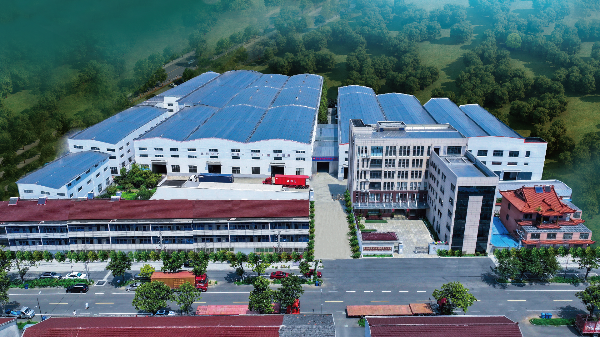Blow Film Machine Price: Application Areas That Influence Demand and Specification Choices
The packaging industry is the primary driver of blow film machine demand, with applications spanning food packaging (snack wraps, fresh produce bags), e-commerce shipping films, and daily necessities packaging (detergent sachets, toilet paper overwraps). This sector caters to both small-scale businesses (e.g., local bakeries needing low-volume films) and large manufacturers (producing millions of packages monthly). Consequently, blow film machine prices here range widely—entry-level machines for small operations cost less, while industrial-grade models (for high-speed, wide-width film production) command higher prices, aligning with the scale and efficiency required by different packaging needs.
Agriculture is a fast-growing application area for blow film machines, focusing on specialized films like greenhouse covers (for temperature regulation), mulch films (to suppress weeds and retain moisture), and silage films (for feed preservation). These agricultural films often require specific properties: UV resistance to withstand outdoor exposure, thickness uniformity for durability, and compatibility with biodegradable or recycled resins (to meet eco-friendly farming trends). Machines tailored for these needs—equipped with material mixing systems or precision thickness controls—typically fall in the mid-to-high price range, as their specialized features address the unique demands of modern agriculture.
Specialized industrial sectors further expand the application scope, with blow film machines used to produce films for medical, electronics, and construction industries. The medical field requires sterile, low-toxicity films for pharmaceutical blister packs and medical device packaging, demanding machines with clean-room compatibility and compliance with health standards. The electronics industry needs anti-static films to protect sensitive components, while construction uses scratch-resistant films for surface protection during installation. These niche applications require high-precision, compliance-ready machines, which are priced at the premium end of the market, reflecting their advanced engineering and adherence to strict industry regulations.

